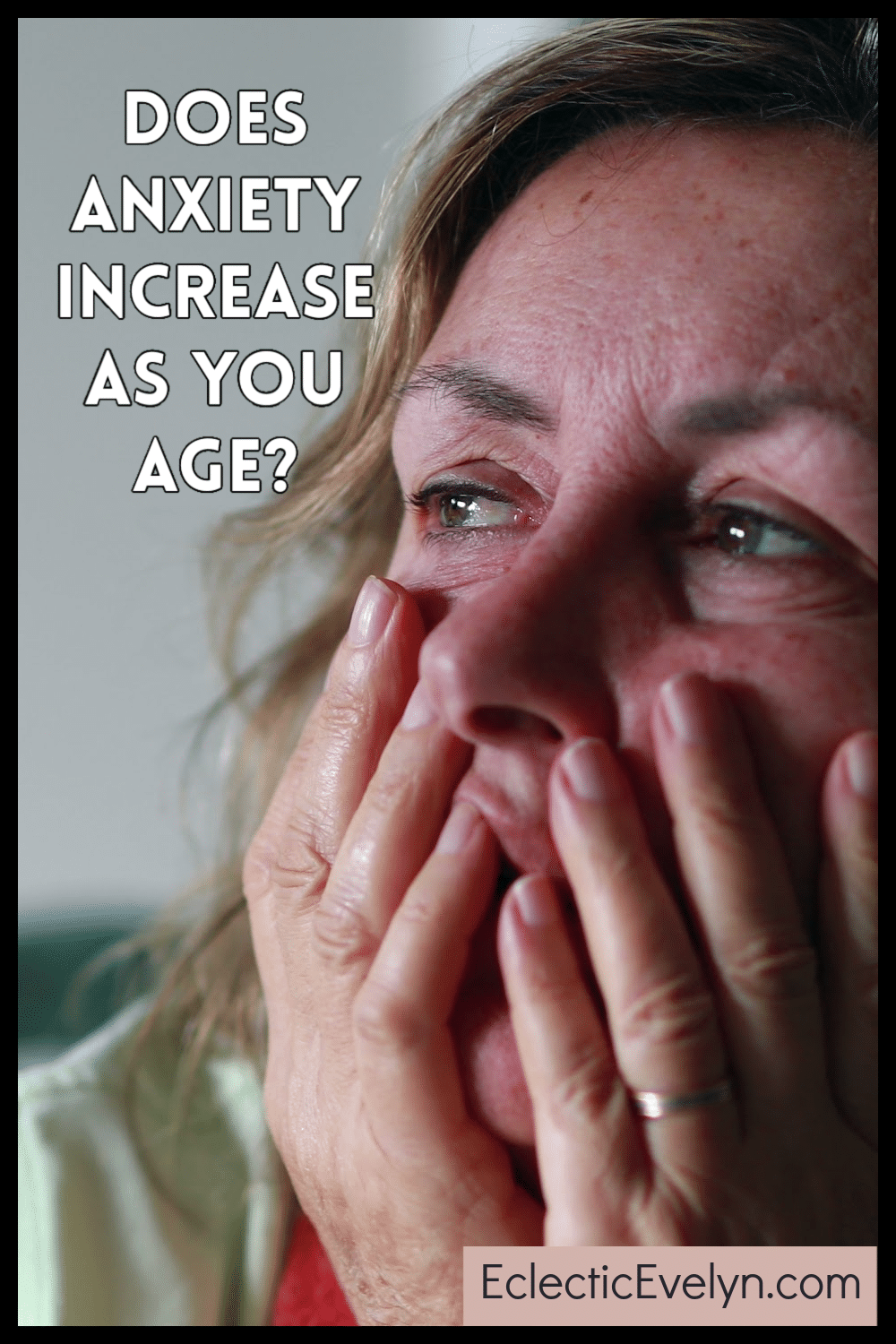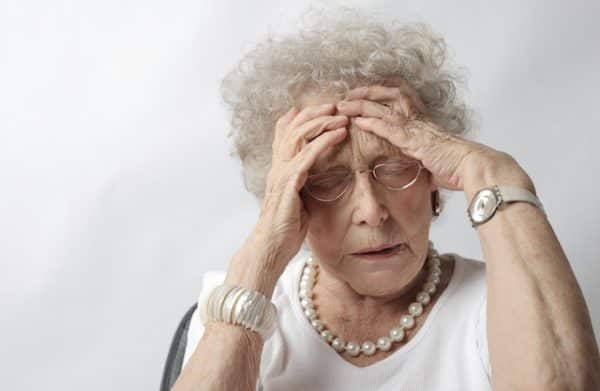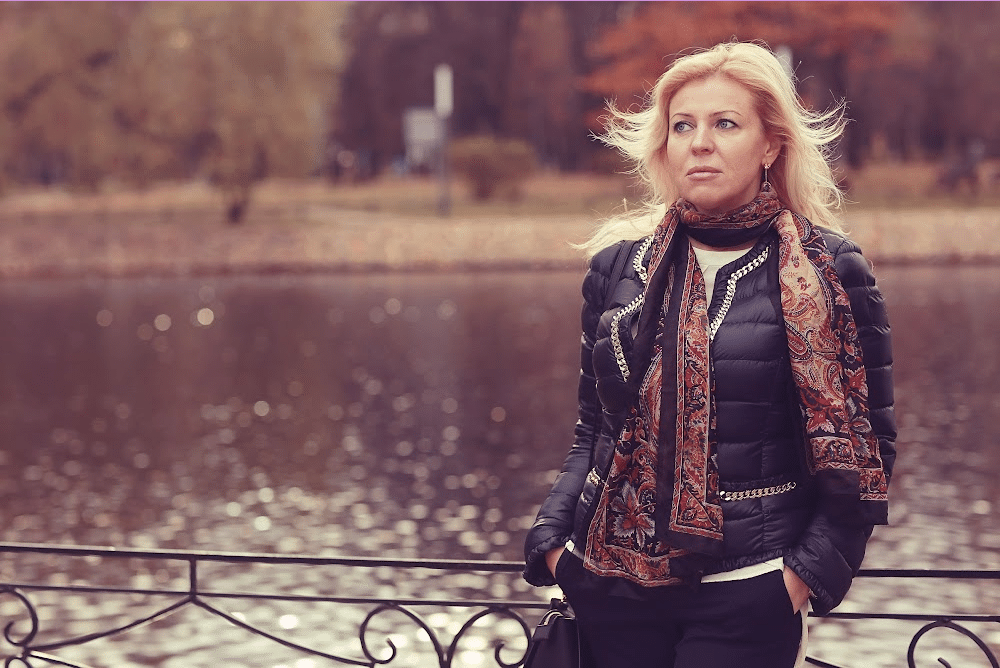Anxiety affects people of all ages and all walks of life. It’s no longer the rare condition we assumed it to be. Have people always been anxious? Absolutely. The rise in figures is undoubtedly down to society being more open about it. Individuals are no longer afraid to put their hands up and say they suffer from some form of anxiety.
This is possibly why there’s been an uptake in anxiety among people aged 50 and older. But, there’s more to it than that. The accumulation of life experiences and responsibilities can contribute to heightened anxiety levels. As people progress through life, they often face complex challenges such as financial pressures, career uncertainties, and health concerns. The weight of these responsibilities can lead to increased worry and apprehension, especially if individuals feel inadequately prepared to handle these demands.
Feeling anxious most certainly does increase when you age. The older you get, the higher chance there is that you become anxious. Today, we try to answer why this is the case.
Anxiety and hearing loss
One potential reason is the link between anxiety and hearing loss. There’s a strong correlation between individuals with hearing loss and the development of anxiety. It’s believed this is down to the fear of not being able to hear properly and how that impacts your social life.
If you can’t hear things correctly, you’re always asking people to repeat themselves. It makes normal situations awkward and terrifying, which is where the apprehension comes from. As hearing loss is more common in older adults, it’s a pretty strong argument for why feelings of anxiousness increase as you get older.
A loss of independence
If we deconstruct the above point further, we can see that hearing loss isn’t the only cause of anxiety in older adults. The wider issue is a loss of independence and the inability to do things you used to do every day. Older individuals struggle with simple things – like shopping or walking around. It makes you way more anxious and worried than you ever had to be when you were young.

Retirement, the loss of friends or family members, and reduced social interactions can lead to feelings of isolation and loneliness. This shift in social dynamics can amplify anxious tendencies, as the lack of companionship and emotional support may create a sense of insecurity and unease about the future.
How to cope with anxiety when you’re older
You don’t need to be overcome with anxious feelings just because you’re getting older. There are lots of solutions and tips out there to help cope with any mental health problems. Firstly, it’s always smart to speak to a mental health lawyer to understand your rights. This can ease any fears relating to work or homeownership as you might worry you’ll get fired or be forced to move if you’re no longer as dependent as you once were.

Secondly, you should focus on living your life to the fullest. Don’t let stress and anxiety take over your life – particularly when you’re starting to grow old.
And finally, talk to people. Express your fears to loved ones, speak to a therapist, or do anything to get things off your chest. Sometimes, saying things out loud and getting advice is the best way to make your worries disappear.

In conclusion, anxiety increases as you get older due to many factors. Hearing loss is a big one, with countless studies linking it to anxiety and depression. Ultimately, it all stems from the idea of being less independent and needing to depend on others more than you used to. When you live your whole life being an independent being and feeling in control, it’s a shock when this starts to slowly go away. Don’t worry, everyone experiences this at some point, and there are ways to cope with anxiety so it doesn’t plague your life.





